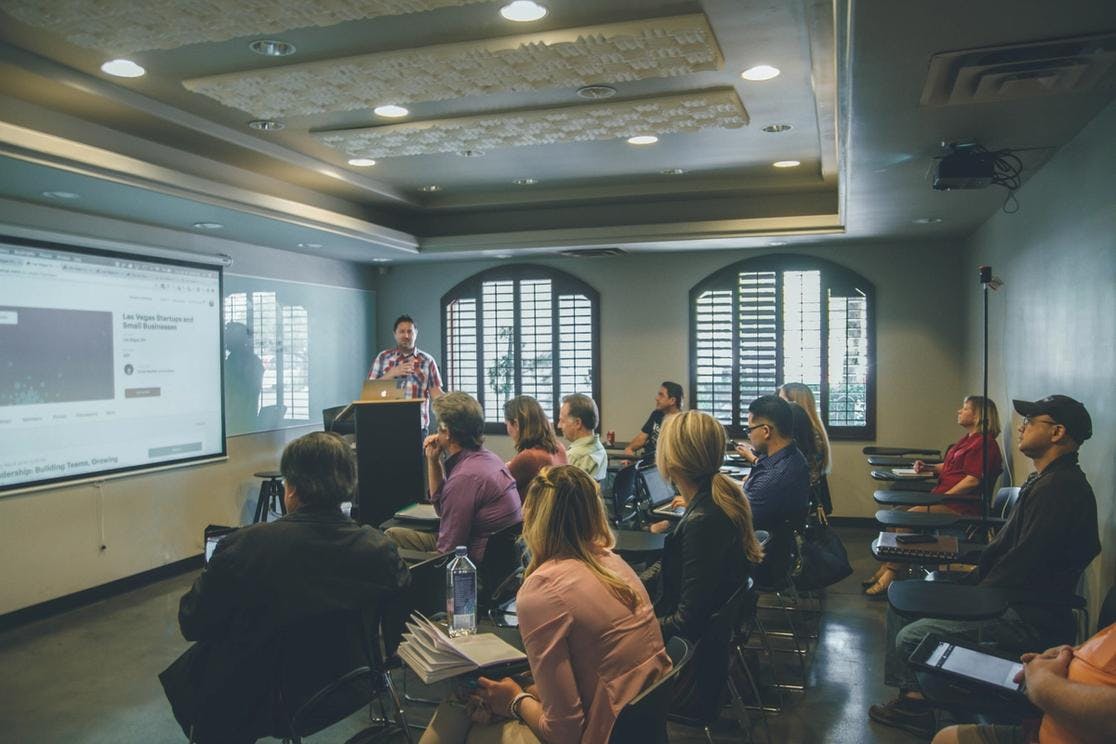Specialized Training: VTRA from an Indigenous Perspective
Train and certify individuals in your organization on VTRA from an Indigenous Perspective, the trauma-informed threat assessment framework that aims to identify and intervene within potential pathways to violence.
course description
With the current political climate in North America revealing more clearly the realities of systemic racism and racism renewed, some Caucasian professionals (like myself) are learning more and more about the true lived experiences of Indigenous and other racialized and marginalized members of the human family. With societal anxiety high, this two-day training is one of the most “timely” trainings you can take if you are a student of VTRA.
A standard in Violence Threat Risk Assessment (VTRA™) and the Traumatic Event Systems (TES™) model has been the “better the data the better the assessment and the better the assessment, the better the intervention”. With that, Stage One VTRA focuses heavily on “baseline behaviour” as the best indicator that someone is moving on a pathway to violence. As such there needs to be a greater understanding among non-Indigenous professionals how the assessment of risk and planning of interventions need to be formulated to reflect the realities of Indigenous children, youth, families and communities.
Presented by: CTIP/NACTATR
Delivered by:
- Trainers: Julie Bomberry, Alana Mcdonald,
- Brody Thomas, Sandi Montour, Eddie Thomas
- Facilitator: J. Kevin Cameron
Training Information: Dates listed below
ONLINE Zoom Training: Check-In 9:00 am EST – 4:00 pm EST
Course Overview
This specialized training is meant to assist VTRA trained professionals to:
- Understand the realities of catastrophic changes in Indigenous cultures due to Colonialism and Systemic Racism
- Understand the impact “White Privilege” has on VTRA work, specifically with Indigenous Peoples
- Understand the drive to maintain and regain the traditional underpinnings of Indigenous cultures in our current context
- Recognize the effects of promises not kept and Treaties not honoured
- Recognize the magnified effects of the “Closeness-Distance Cycle” due to the formation of “Reservations”
- Apply a “culture-informed” and “trauma-informed” lens when involved in VTRA cases with Indigenous people
- Resist the tendency to measure someone’s risk to self or others based on our own (non-Indigenous) cultural experiences
- Learn to see the concepts and variables in VTRA through an Indigenous lens
- Ensure that VTRA is always meant to be helpful and not hurtful
- Develop and foster partnerships for effective interventions with Indigenous Peoples
Who should attend
Anyone who has completed Level 1 VTRA Training is welcome to attend. Those who have completed Level 2 VTRA and the Traumatic Event Systems model ("TES") Training will also benefit from this unique opportunity.
- 70,000+ trained professionals
- 4,000+ training sessions completed since 1999
- 1,000+ communities using our methodologies

